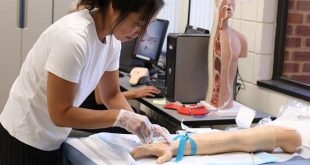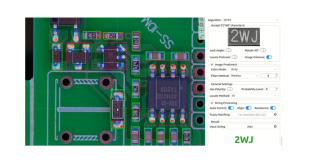Biomedical research has come a long way in recent years, from curing diseases to understanding how our bodies work. One of the most exciting innovations in this field is developing genetically modified organisms, such as transgenic mice. These tiny creatures have been engineered to carry specific genes or mutations, allowing researchers to study the effects of genetic changes on biological processes. In this article, we’ll explore the fascinating world of transgenic mice, how they’re created, their applications in research, and the advantages they offer.
Introduction to Transgenic Mice
Transgenic mice are genetically engineered by inserting foreign DNA into their genome. This can be done in several ways, including pronuclear injection, embryonic stem cell manipulation, and CRISPR/Cas9 technology. Once the foreign DNA is integrated into the mouse genome, it will be transmitted to all offspring, creating a stable line of transgenic mice.
How are Transgenic Mice Created?
Pronuclear injection is one of the most common methods for creating transgenic mice. This involves injecting the foreign DNA directly into the pronucleus of a fertilized mouse egg. The injected egg is then implanted into a surrogate mother to carry the pregnancy to term.
Applications of Transgenic Mice in Research
Transgenic mice have a wide range of applications in biomedical research. They can be used to study many different diseases, including cancer, Alzheimer’s disease, diabetes, and cardiovascular disease. Transgenic mice can also be used to investigate the function of specific genes or proteins in various physiological processes.
Advantages of Using Transgenic Mice
One of the main advantages of using transgenic mice is that they allow researchers to study the effects of specific genetic changes in a controlled environment. This can be especially useful in understanding the molecular mechanisms underlying diseases and identifying potential drug targets.
Another advantage of using transgenic mice is that they provide a biological model that closely resembles human physiology. Unlike other animal models, such as rats or rabbits, mice are more genetically similar to humans, making them an ideal research tool for studying human diseases.
Conclusion
Transgenic mice have revolutionized biomedical research by allowing researchers to study the effects of genetic changes on biological processes in a controlled environment. With their wide range of applications and advantages over other animal models, it’s no surprise that they’ve become an indispensable tool for understanding diseases and developing new treatments.
If you’re interested in using transgenic mice for your research, consider working with a reputable company like Cyagen. With years of experience in the field and a commitment to providing high-quality, custom-made transgenic mouse models, Cyagen has become a trusted partner for many researchers worldwide. So why wait? Contact Cyagen today and take the first step towards unlocking the full potential of transgenic mice in your research.
 Jobsearchdone.com Top News Share Website
Jobsearchdone.com Top News Share Website




